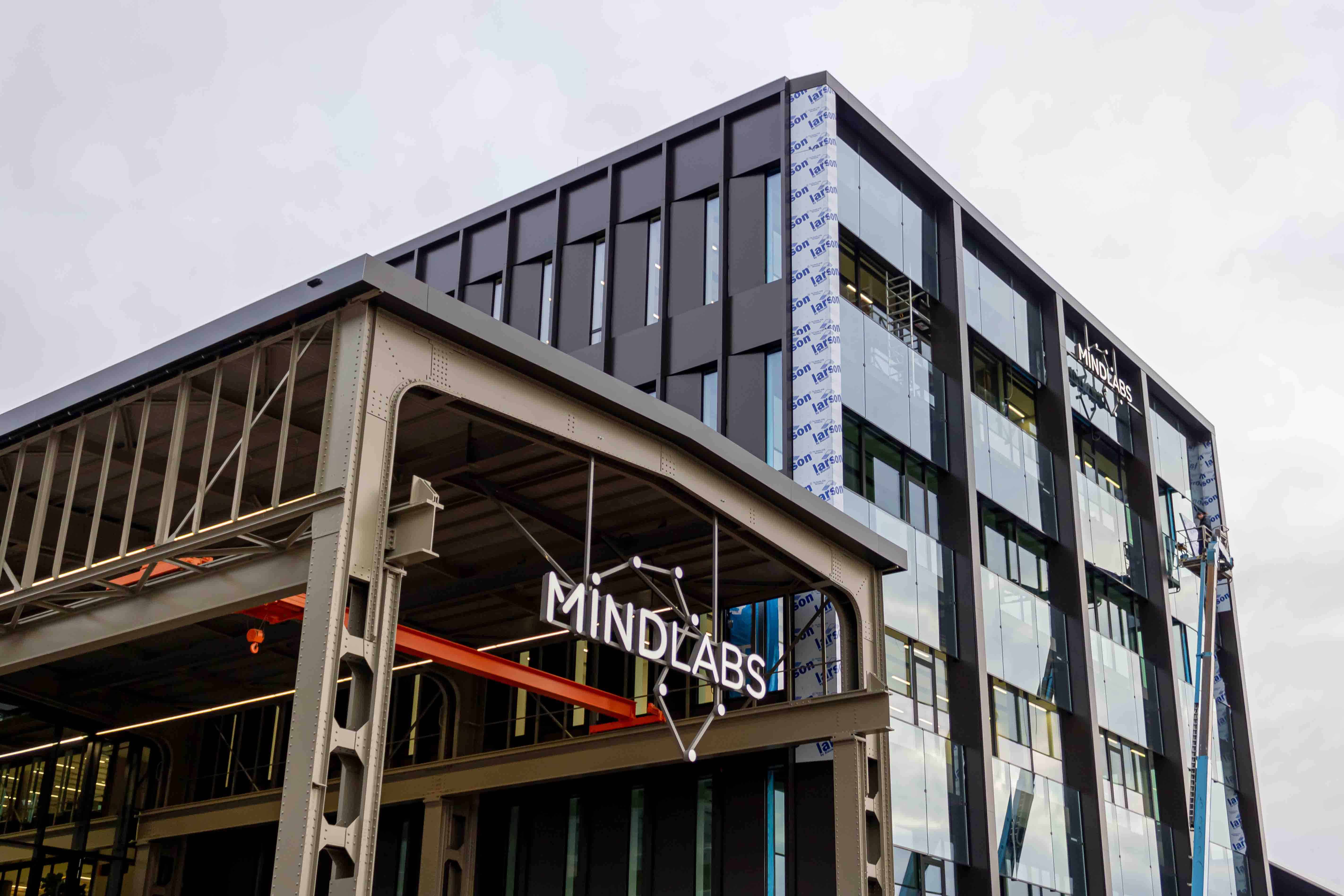
The climate, the housing crisis, nitrogen policy: with the elections approaching, the Netherlands is about to make its voice heard on crucial issues. Nevertheless, another pressing issue, digitisation, is not yet adequately reflected in mainstream voting tools. The Technologie Kieswijzer changes this.
- Regular voter guides pay little attention to digitalisation.
- The Technology Electoral Guide focuses specifically on it.
- Preliminary results show that the Netherlands is highly critical of big tech
Talking about the interim results with Rudy van Belkom, the founder of this voter guide, a striking trend emerges: Dutch people have become more critical of the use of technology in society compared to 2021.
Technologie Kieswijzer
The Technologie Kieswijzer, developed by the Technology Futures Foundation (STT), provides insight into various themes, including how political parties think about issues such as fake news, privacy and the power of big tech companies. For each theme, the voter guide presents five possible solutions. To arrive at these solutions, several steps were taken. Party programmes and studies by other knowledge institutes were examined, as well as public opinion. These findings were then presented to the participating political parties. They selected the position they represent and provided an explanation.
Critical of big tech
A detailed analysis of the results will only take place after the elections. Nevertheless, Van Belkom, director of Stichting Toekomstbeeld der Techniek, can already comment on notable trends emerging from the current figures. Currently, about 10,000 people have consulted the voter guide.
Compared to 2021, both citizens and political parties have become more critical of the impact of technology on society. This critical stance is reflected in several topics, such as the trade in personal data and the use of algorithms by the government.
“I suspect the benefits affair has played a role in this. It has become clear that the deployment of algorithms can have harmful effects on vulnerable groups.”

By mail
That parties are more critical is also reflected in the topic of digital inclusion. Van Belkom: “There is more focus on how to ensure that as many people as possible can participate in a digital society. Compared to 2021, more parties now indicate that the government should remain accessible by mail and phone. They feel that digitalisation should not be seen as an isolated goal.”
Datacenters
The critical sentiment towards big tech is also reflected in the debate on data centre construction, both among citizens and political parties. “The most frequently chosen answer is that the construction of data centres should be better tailored to the needs of the Netherlands, or that there should be European alternatives. There are several response options advocating energy-neutral data centres or even their discontinuation because of the use of electricity and water. Nevertheless, the view to tailor data centre construction to Dutch needs predominates. The main argument behind this seems to be the need for an alternative to big tech, rather than an environmentally conscious choice.”
Minister of Digital Affairs
Differences can also be seen between parties and citizens. For instance, more and more citizens are advocating the creation of a Ministry of Digital Affairs, while several political parties argue that all ministries should digitise.
Immature subject
Finally, Van Belkom notes that a constructive vision is often lacking within political parties when it comes to technology. “It is an immature subject. Climate, for example, is clearly framed, and is often associated with left-wing parties.” However, with digitisation it is different. As a result, you may normally be a left-wing voter, but a right-wing party emerges from our voter guide.
Van Belkom hopes the Technology Electoral Guide will encourage more political parties to show colour when it comes to technology. “It would be nice if in 12 years’ time we no longer need this separate voting guide because regular voting guides will then contain clear positions of parties on digitisation.”







